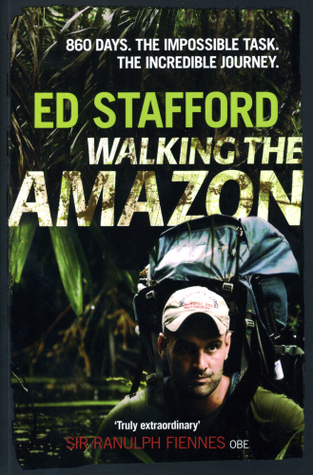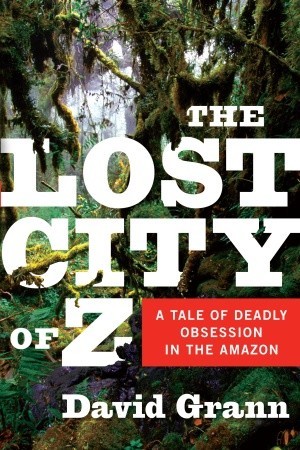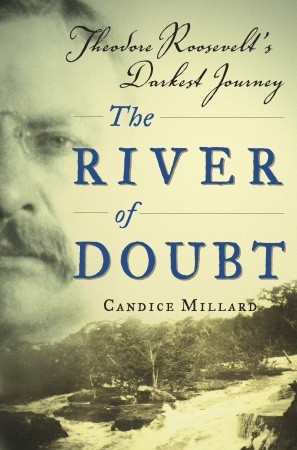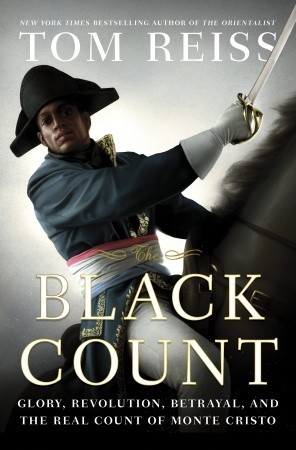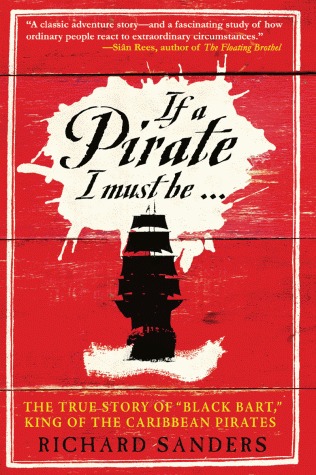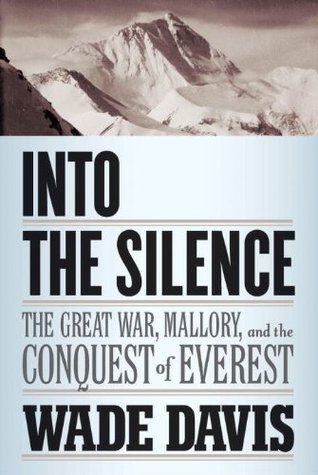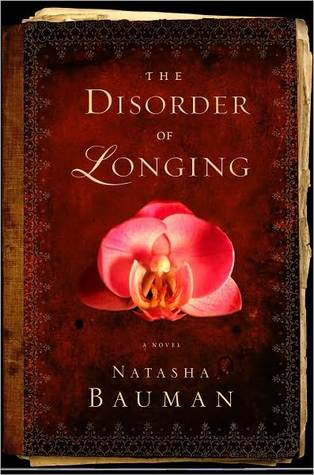
The Disorder of Longing by Natasha Bauman
The Disorder of Longing
by Natasha BaumanWhen her husband arrives home carrying a crate of colorful orchids, Ada Caswell Pryce thinks he is bringing her a gift, a peace offering during an unhappy time in their marriage; little does she know how much these strange looking flowers are going to change her life.
By Boston standards of the 1890s, Ada is not a good wife. Strong-willed and beautiful, she longs for the days at university when she was free to be herself. Her husband Edward is intent on curbing her wild behavior, but she thwarts him at every turn—she drinks wine with the housekeepers, gives feminist books to her maid, and sneaks out for midnight horseback rides along the Charles River.
To treat Ada’s “hysteria,” Edward restricts her daily activities and her relationships, then carefully choreographs her sexuality. Unable to bear another day of her stultifying and demeaning existence, Ada secretly plots ways to leave. Ultimately, it is her husband’s all-consuming passion for collecting rare orchids that provides Ada with a daring opportunity for escape.
Once free, Ada’s lust for adventure takes her through the dangerous slums of New York, across the high seas of the Atlantic, and finally deep into the lush jungles of Brazil.

